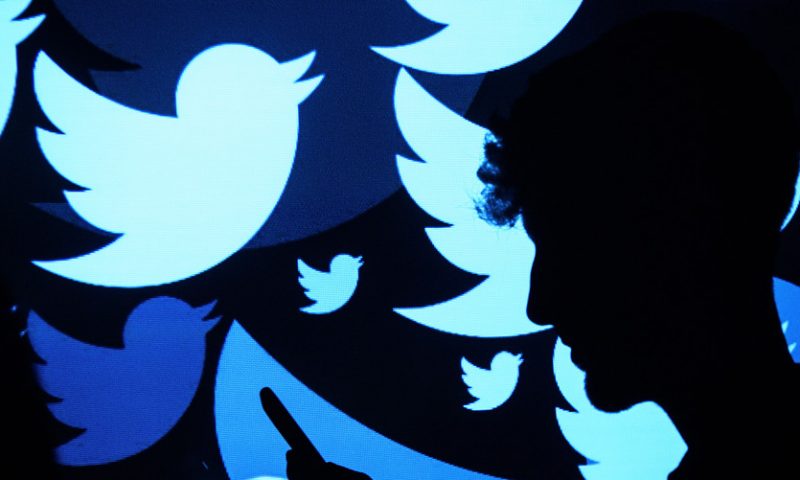Bonds fetch record low 3.875% yield, attract global audience
Social-media site Twitter Inc. collected a lot of “likes” on its debut $700 million junk-bond deal over the past three days.
The nearly eight-year parcel of bullet bonds, due in 2027, were increased on Thursday from an initial size of $600 million, while yields plunged to 3.875% from 4% a day ago.
Its strong following earned Twitter TWTR, +0.50% a record too: its bonds priced at the lowest yield yet for a first-time issuer in the roughly $1.2 billion U.S. junk-bond market, according to a person familiar with the matter, who was not authorized to speak publicly.
While Burger King parent Restaurant Brands International Inc. QSR, -0.68% priced a junk-bond deal at the same 3.875% in September, it has a much longer track record in debt markets, with some $12.6 billion of high-yield bonds and loans outstanding, according to FactSet data.
“Up until this point, Twitter has only issued convertible notes in private placements, which has served the company well given the low coupons and high conversion prices (relative to Twitter’s $30.00 stock price on 12/4/2019 close),” wrote CreditSights’ senior analyst Jordan Chalfin in a client note Thursday.
S&P Ratings gave the new bonds BB+ marks, which sits them only one notch below the coveted investment-grade status. In its rationale, the credit-ratings firm said Twitter had “ample financial flexibility” via its $5.8 billion cash balance and a modest debt burden.
Companies that do not qualify for investment-grade ratings are classified as “high-yield,” “junk” or “speculative” credits because of their higher likelihood of default. But after a past decade of ultra-low rates, only shakier companies or those operating in weaker sectors typically see their debt trading at yields of 10% and higher.
Cash-burning Netflix NFLX, +1.48% saw its most actively-traded junk bonds (by the number of trades) change hands at an average yield of 4.098% on Thursday, according to bond data and trading platform MarketAxess.
But fallen office-sharing star WeWork saw its yields tethered to a 14% yield on Thursday, or about double their 7.8% at issuance in April 2018.
“We’ve got a bifurcation in the market,” said Ken Monaghan, co-director of high-yield at Amundi Pioneer. “You’ve got bonds that people feel comfortable and safe owning. Those are trading at tight levels. Then, there are others that people are not comfortable at all owning.”
He also noted the CCC-rated high-yield bucket, where defaults have been on the rise, as the sector’s main area of underperformance for the year.
Meanwhile, Twitter, one of Silicon Valley’s profitable companies, attracted a mix of investors, including traditional high-yield U.S. investors, as well as accounts in Europe and Asia, the person familiar with the matter said.
J.P. Morgan led the deal with Goldman Sachs, Morgan Stanley, Bank of America Merrill Lynch and Wells Fargo.
Strong showing for the bonds came despite recent setbacks.
Over the weekend, CEO Jack Dorsey announced plans on Twitter to move to Africa for up to six months, a move called “reckless and egomaniacal” by the Yale School of Management’s Jeffrey Sonnenfeld.
And in October, the company blamed an advertising bug for its third-quarter earnings miss.
Twitter shares were down 27% on the quarter to date Thursday at $30.04 apiece, versus a 4.5% gain for the S&P 500 index SPX, +0.91%, according to FactSet.
Twitter did not respond to requests for comment.

